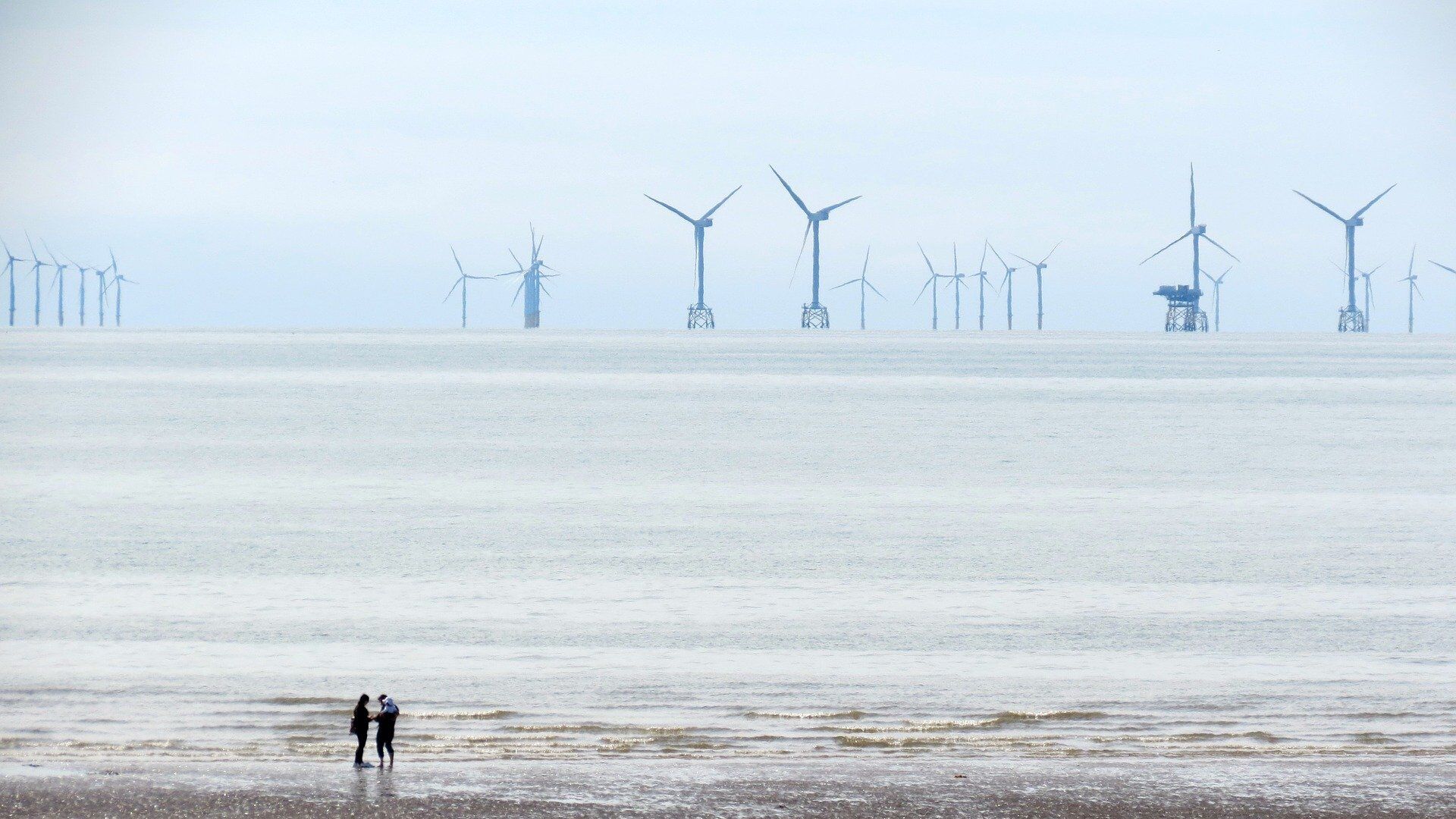Denmark Launches World's Largest Wind Turbine Amid Wind Power 'Arms Race'

© Photo : pixabay
Subscribe
The 271-metre-high wind turbine in Thy can deliver electricity for 18,000 households, but will be eclipsed by competitors by the end of this year.
Denmark, one of the acknowledged international leaders in wind power, has launched the world's largest wind turbine.
The turbine spanning 271.4 metres measured from the ground to the top wingtip stands tall at the national test centre in Østerild in Thy. It is also Denmark's tallest free-standing construction.
“For us, this is the culmination of a few years of work for a team of hundreds of people. It is a fantastic experience to stand here today and see that we produce electricity”, Jens Møldrup of Siemens Gamesa, which put the giant mill into operation, told Danish Radio.
“For us, this is the culmination of a few years of work for a team of hundreds of people. It is a fantastic experience to stand here today and see that we produce electricity”, Jens Møldrup of Siemens Gamesa, which put the giant mill into operation, told Danish Radio.
When the turbine's 108-meter-long wings spin at full speed, the turbine can supply electricity to 18,000 average European households at once. Even at low wind speeds, it will only take the turbine three rotations to charge a Tesla model 3, the manufacturer said.
When the natural power and engineering excellence come together, extraordinary things happen! Our most powerful offshore turbine is now spinning in Denmark. This is a huge step towards a greener future🚀https://t.co/xfEKwr5wXH pic.twitter.com/oyQnYPO4Lz
— Siemens Gamesa (@SiemensGamesa) December 17, 2021
For wind turbines, size matters, especially for those built at sea.
“The larger the individual wind turbine, the fewer turbines you can make do with. Hence the economy in the project will be better,” wind turbine analyst at Sydbank Jacob Pedersen told Danish Radio.
“The larger the individual wind turbine, the fewer turbines you can make do with. Hence the economy in the project will be better,” wind turbine analyst at Sydbank Jacob Pedersen told Danish Radio.
Many countries are in the process of establishing wind farms to boost the so-called Green transition. According to a report by Global Wind Energy Council (GWEC), over the next ten years, 235 gigawatt offshore wind turbines will be installed worldwide – which corresponds to over 15,000 analogues of the record mill from Østerild.
Siemens Gamesa has been a clear leader in the world market for offshore wind turbines for several years with a market share of around 60 percent. However, its main competitor Vestas is now also vying for a share of the pie and has announced plans to build an even larger turbine.
“Yes, we have designed the world's largest turbine, which will be set up next year, and will be the largest one at the given time,” Vestas production director Tommy Rahbek Nielsen told Danish Radio.
However, the looming race between two major producers has triggered scepticism, as developing larger turbines is seen as an expensive and risky business.
Siemens Gamesa has been a clear leader in the world market for offshore wind turbines for several years with a market share of around 60 percent. However, its main competitor Vestas is now also vying for a share of the pie and has announced plans to build an even larger turbine.
“Yes, we have designed the world's largest turbine, which will be set up next year, and will be the largest one at the given time,” Vestas production director Tommy Rahbek Nielsen told Danish Radio.
However, the looming race between two major producers has triggered scepticism, as developing larger turbines is seen as an expensive and risky business.
“It's an arms race to have the biggest wind turbine. And the arms race has clearly taken money out of the wind turbine manufacturers, and made it difficult to make a profit in this industry,” Jacob Pedersen of Sydbank said.
Denmark is seen among the world's leaders in the use of wind energy. Today, wind and solar combined supply more than half of Denmark's electricity, and the plan is to increase their share further to 84 percent by 2035.
